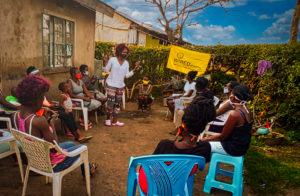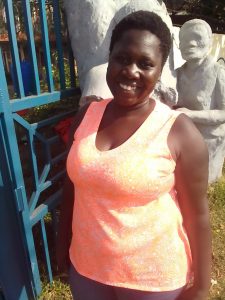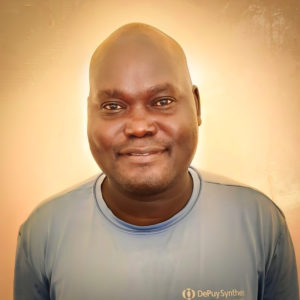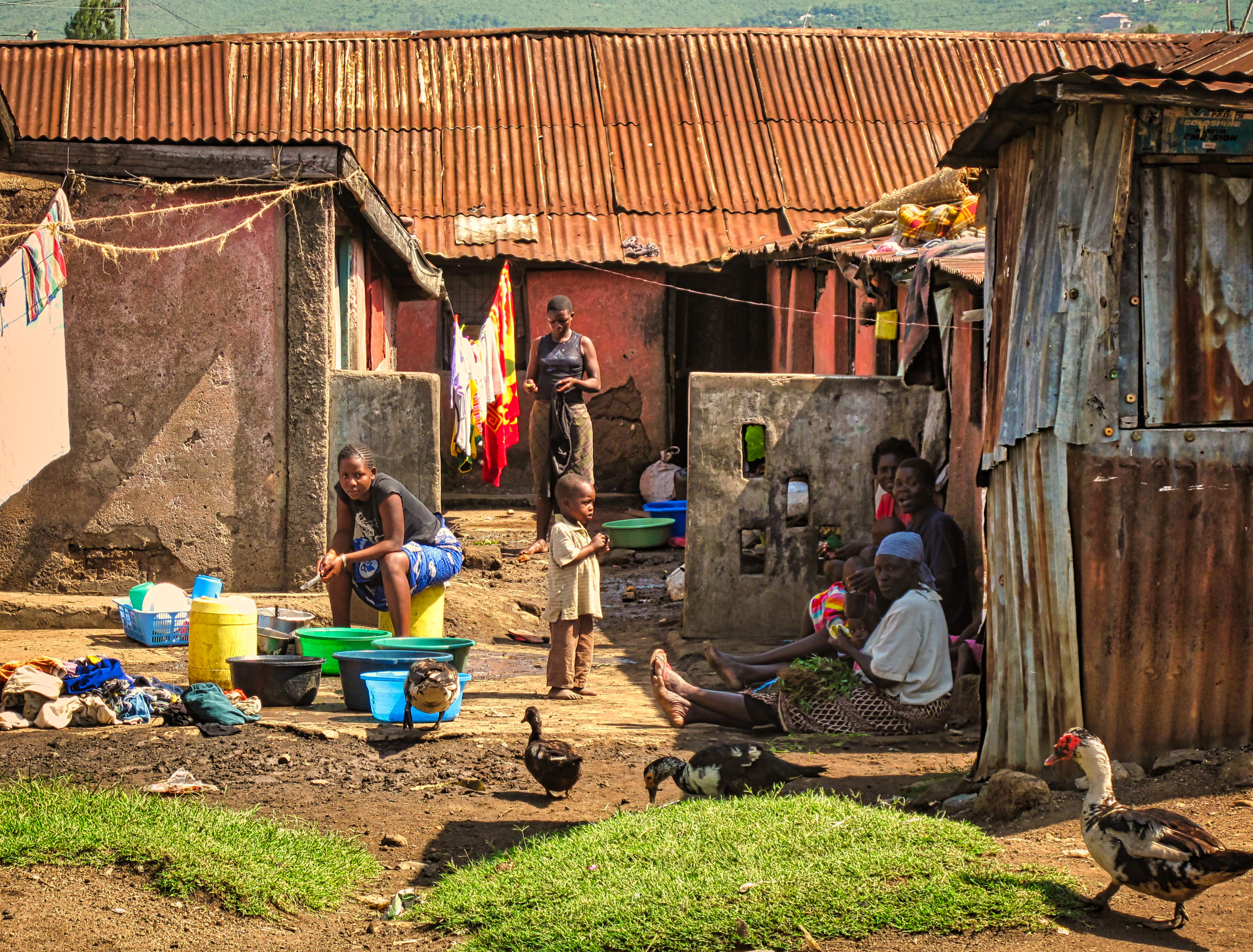Update from WiRED’s Community Health Workers in Kenya
Promoting and Serving Local Health Needs
By Allison Kozicharow; Edited by Elizabeth Fine
WiRED International reports that during the month of December 2021, 12 Community Health Workers (CHWs) in Kisumu reached a total of 5,865 people with health services. COVID-19 and handwashing were the primary concerns followed by malaria, typhoid, nutrition, HIV/AIDS and teenage pregnancy. Working 24 hours per week, each of the 12 CHWs met with at least 57 patients a week, and the largest number seen in a week by a single CHW was 298, most of them in health training classes.
 COVID-19 prevention was topmost among CHW care this month because Christmas and other festivities attract people, especially teenagers, to holiday gatherings. CHWs worked to protect their communities by stressing mask wearing and advising isolation. Most teens live at home still under adult control, so CHWs enlisted parents to help keep their children safe. One CHW said to parents, “Christmas is just a day but contracting COVID-19 is a risk and challenge for much longer.”
COVID-19 prevention was topmost among CHW care this month because Christmas and other festivities attract people, especially teenagers, to holiday gatherings. CHWs worked to protect their communities by stressing mask wearing and advising isolation. Most teens live at home still under adult control, so CHWs enlisted parents to help keep their children safe. One CHW said to parents, “Christmas is just a day but contracting COVID-19 is a risk and challenge for much longer.”
Although COVID-19 vaccination has begun in Kenya, only about 10.35% of the country’s population has been vaccinated. One CHW reported that cases of the Omicron variant are rising day by day. CHWs continue to educate their community on COVID-19 preventive measures and to encourage those who have not been vaccinated to go get the shot series.

CHW Bunnyce Atieno reported on a seldom talked about issue that affects women:
Many adolescent girls and young women suffer from what we call “menstrual poverty.” Menstrual poverty means that the women have no access to sanitary napkins, and so practice poor menstrual hygiene. As a CHW I decided to fundraise to purchase pads to give to the women. I always tell men in the community that menstruation is not a woman issue but a human issue, and we should all support our girls during this time of the month.
Ever since his first training as a CHW, Daniel Ayieko has dedicated himself to addressing the issue of teenage pregnancy in his community:

I train teenagers on how to abstain from early sex, but use contraceptives if necessary. I am very happy that out of all the young people I have trained not a single one has reported a teenage pregnancy.
The CHWs in Kisumu provide potent examples of the effectiveness of the WiRED CHW program. These locally trained health providers teach thousands of people each month about prevention and healthy practices, provide basic clinical services and refer community members to clinics for treatment. Their ensemble of services — bolstered by WiRED’s continuing medical education course requirements — improves the health of their population.


